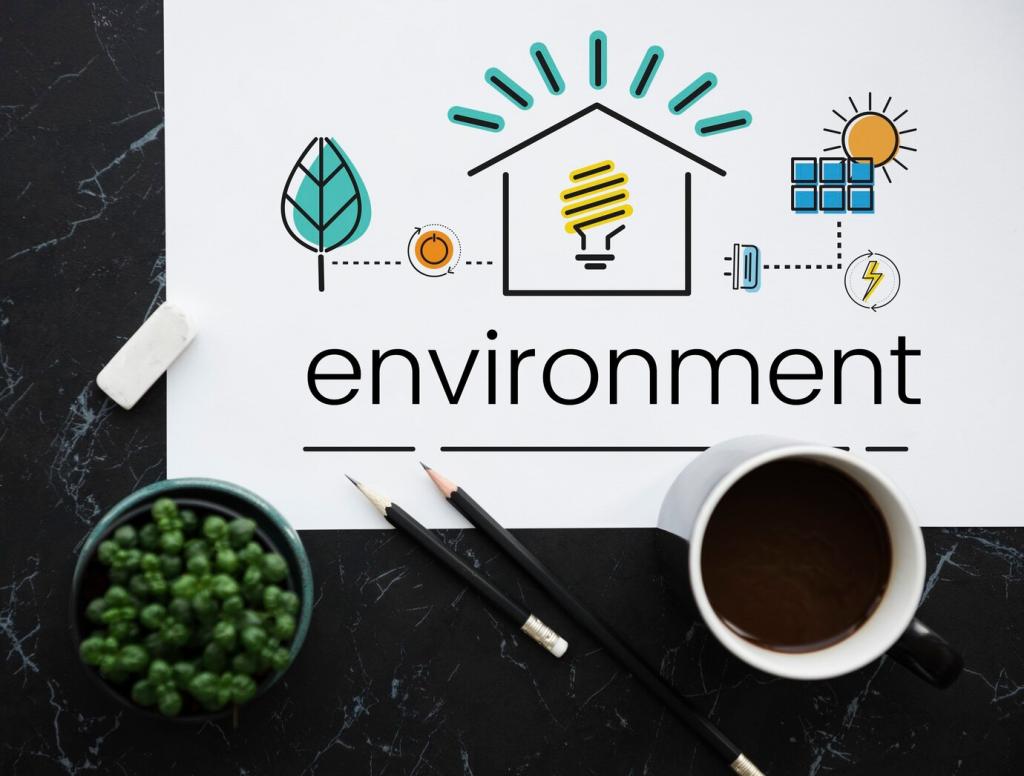Join the Movement: Share, Subscribe, Iterate
Document your preferred eco-libraries, performance budgets, and measurement cadence. Keep it in your repository so new contributors know the rules. Checklists reduce debate, accelerate pull requests, and keep sustainability visible during busy release cycles.
Join the Movement: Share, Subscribe, Iterate
Comment with the eco-libraries and tools that worked for you, and the ones that didn’t. Your notes help others avoid dead ends. We’ll highlight community tips in upcoming posts so everyone benefits from real-world experiments.





